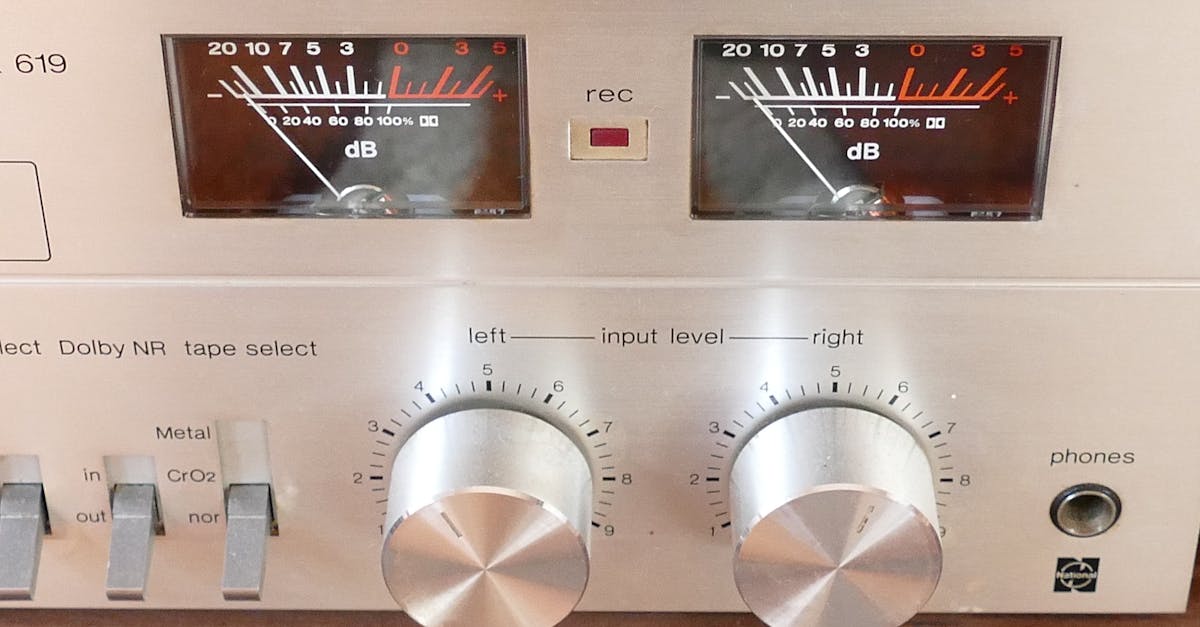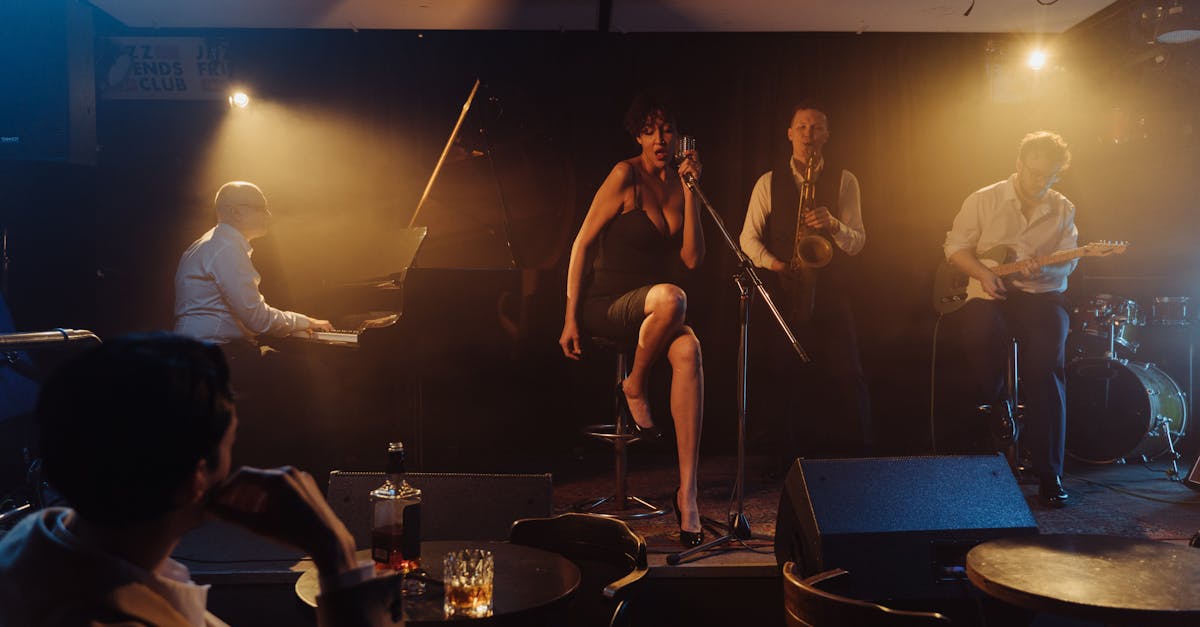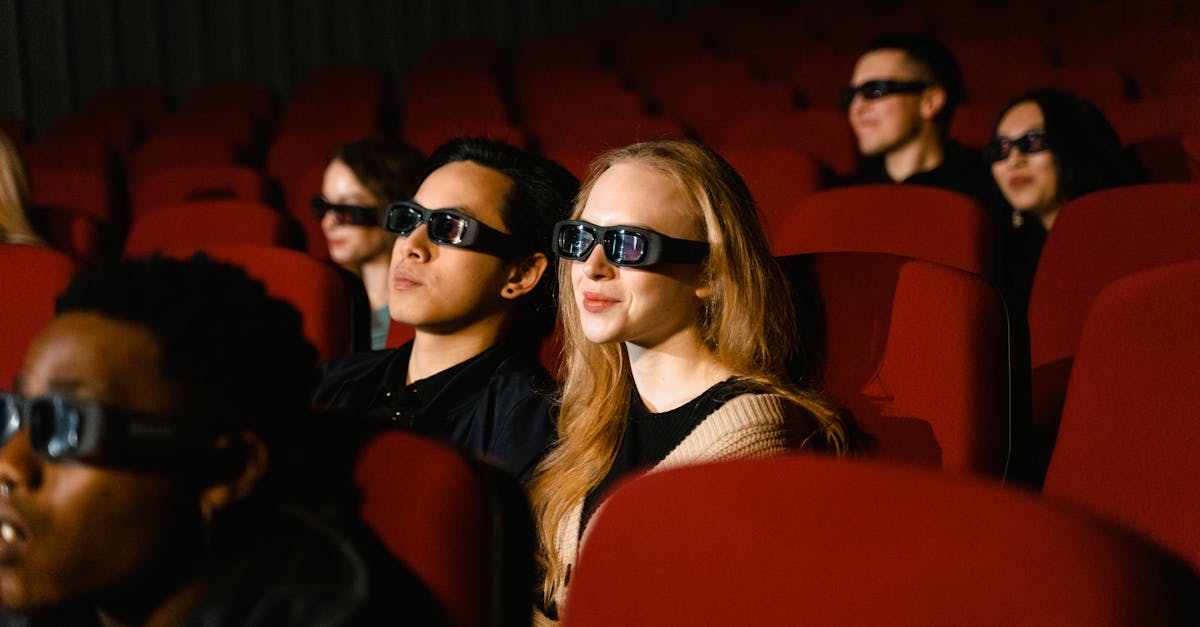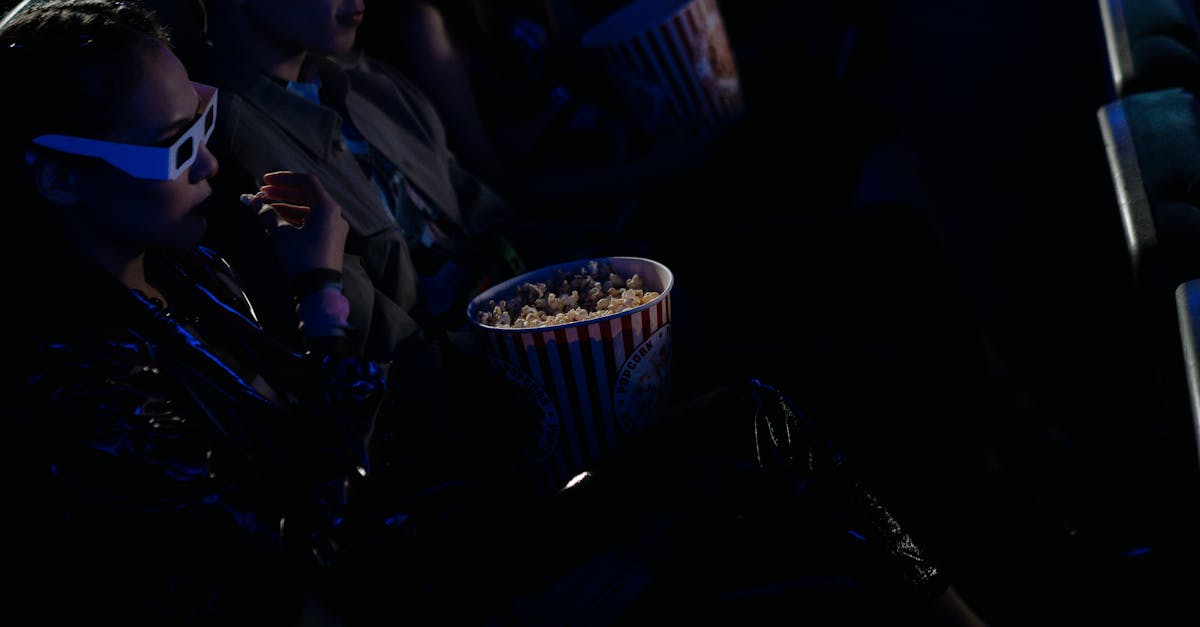Harmonious Cinema Symphonies
Introduction
Cinema and symphony are two worlds that have harmoniously intertwined to enhance storytelling and evoke emotions in audiences. Music in film acts as an invisible character, creating mood and guiding viewers through the narrative journey. Whether underscoring the tension in a thriller, or accentuating the joy in a romantic comedy, music is crucial. Over the years, cinematic symphonies have evolved from simple accompaniments to complex compositions integral to storytelling. This article delves into the power and significance of music in movies, revealing its transformative impact. Join us as we explore how harmonies elevate cinema to extraordinary heights.
Advertisement
The Power of Music in Film
Music possesses a unique ability to evoke emotion, transcending the visual and connecting with audiences on a profound level. In film, a well-composed score has the power to transform ordinary scenes into extraordinary ones. The emotional undercurrent of a scene is often dictated by its musical accompaniment, intensifying joy, sorrow, suspense, or fear. Iconic soundtracks have created memorable cinematic moments that linger with audiences long after the credits roll. Consider the haunting melody in 'Psycho' or the epic theme in 'Jaws'—without their iconic scores, these films would lose much of their impact.
Advertisement
Behind the Scenes: Film Scoring
The art of film scoring is a complex process, requiring collaboration between composers, directors, and producers. Composers must craft music that reflects the narrative while complementing the director’s vision. This involves studying the script, discussing cues, and interpreting the emotional depth of scenes. With advancements in technology, composers utilize digital instruments alongside traditional orchestras to create innovative soundscapes. Film scoring is an ever-evolving art form, with composers continuously experimenting to push the boundaries of what music can achieve in cinema.
Advertisement
Genres and Musical Influence
Each film genre offers a window into diverse musical styles, showcasing the symbiotic relationship between music and storytelling. Thrillers build suspense with pulsating beats, while romantic dramas weave gentle strings to evoke love's tenderness. Musical motifs in sci-fi create otherworldly atmospheres, and biographies use period-specific tunes for authenticity. This genre-specific music appreciation allows audiences to immerse themselves in the film's universe, enhancing their emotive response. With each genre, composers are inspired to harness distinct musical techniques to captivate audiences.
Advertisement
Legendary Composers
Cinema has seen the rise of maestro composers like John Williams, Ennio Morricone, and Hans Zimmer—legends who elevated film scores into an art form. John Williams' soaring compositions for 'Star Wars' and 'Harry Potter' have become ingrained in pop culture. Ennio Morricone's work on 'The Good, the Bad, and the Ugly' is lauded for its distinctive flair. Meanwhile, Zimmer’s innovative approach in 'Interstellar' and 'Inception' has set a new standard for emotional and thematic integration in film scores. These composers have left an indelible impact on the film industry.
Advertisement
The Silent Era and Evolution
Music plays a significant role in bringing still images to life, a tradition dating back to the silent film era. During this time, live musicians would accompany screenings, providing improvisational scores. As technology progressed, films transitioned from silent to sound, allowing for synchronized scores and dialogue. This gave rise to the 'talkies' and cemented music's role as a fundamental narrative tool. Since then, the evolution of film music has continued, with composers embracing new musical styles and technological advancements, further enriching the cinematic experience.
Advertisement
Cultural Significance
Film scores often transcend language barriers, becoming a universal language shared by global audiences. They retain cultural nuances, introducing audiences to musical traditions from around the world. This creates a bridge between cultures, fostering greater understanding and appreciation. Through cinema, audiences are exposed to a vast array of musical influences, from African rhythms to Asian melodies and everything in between. Film music serves as a gateway to cultural exploration, contributing to a shared global cultural heritage.
Advertisement
Impact on Popular Culture
The influence of film scores extends beyond the movie theatre, permeating popular culture in various forms. Soundtracks often top music charts, with iconic themes becoming a part of everyday life. Music composed for film has been performed in concert halls, further establishing its legitimacy as an art form. Iconic movie scores have inspired generations of musicians and artists, with their impact echoing across decades. The melodies once created to accompany cinematics stories now resonate within society, carving their place in the annals of music history.
Advertisement
Challenges in Film Scoring
With expanding cinematic genres and technological advancements, composers face new challenges and opportunities. The expectations of modern audiences demand originality, while balancing the director's vision with creative integrity. Composers must also navigate logistical challenges, from syncing music to visual sequences to meeting tight production deadlines. Continuous learning and adaptation in this ever-evolving field are essential for composers to thrive. Despite these challenges, the rewards of creating music that captivates and connects with audiences make the endeavor worthwhile.
Advertisement
Conclusion
In the realm of film, music wields unparalleled power, shaping narratives and elevating the cinematic experience. As audiences, we may not always be consciously aware of music's presence, but its emotional influence is undeniable. The symphony that accompanies our favorite films enriches the storytelling, transforming mere visuals into profound experiences. As cinema continues to evolve, the collaboration between filmmakers and composers remains vital to creating timeless works. In essence, harmonious cinema symphonies resonate with their audiences, leaving an enduring legacy that transcends generations.
Advertisement


